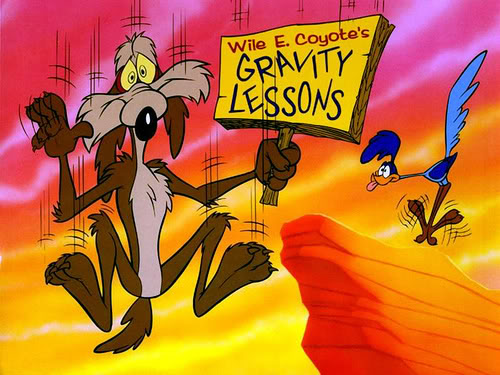I have read until I'm blue in the face upsides and downsides to the bail out issue that Congress and the Fed are trying to hammer out. One simple question, what happens if there is no agreement ? Anybody have any ideas ?
Why not let the market work ?
It's easy to see that it would be really bad if the banks fail, right? People don't have deposits anymore, nobody can get loans, etc. It's a disaster and the economy takes a long time to recover. Beause the system that moves paper capital around in this country is frozen, the physical capital (building roads, etc), can't be deployed. So, the govmt realized this 70-80 years ago and set up the FDIC. Now we're in a situation where there are a lot of non-bank or psudo-bank entities that have the ability to cause the same amount of havoc if they fail. They have not been regulated as heavily or guaranteed the way the banks have, but the govmt is going to step in and guarantee them anyway to avoid the above scenario.
Unfortunately, it is probably true that the bailout will contain a number of special payoffs that were not necessary to save the financial system.

 Just like the people who took out ARM's.... did they not understand that first letter in ARM means "adjustable" and the % rate could go UP !!! Now WE have to bail them out for being STUPID
Just like the people who took out ARM's.... did they not understand that first letter in ARM means "adjustable" and the % rate could go UP !!! Now WE have to bail them out for being STUPID 